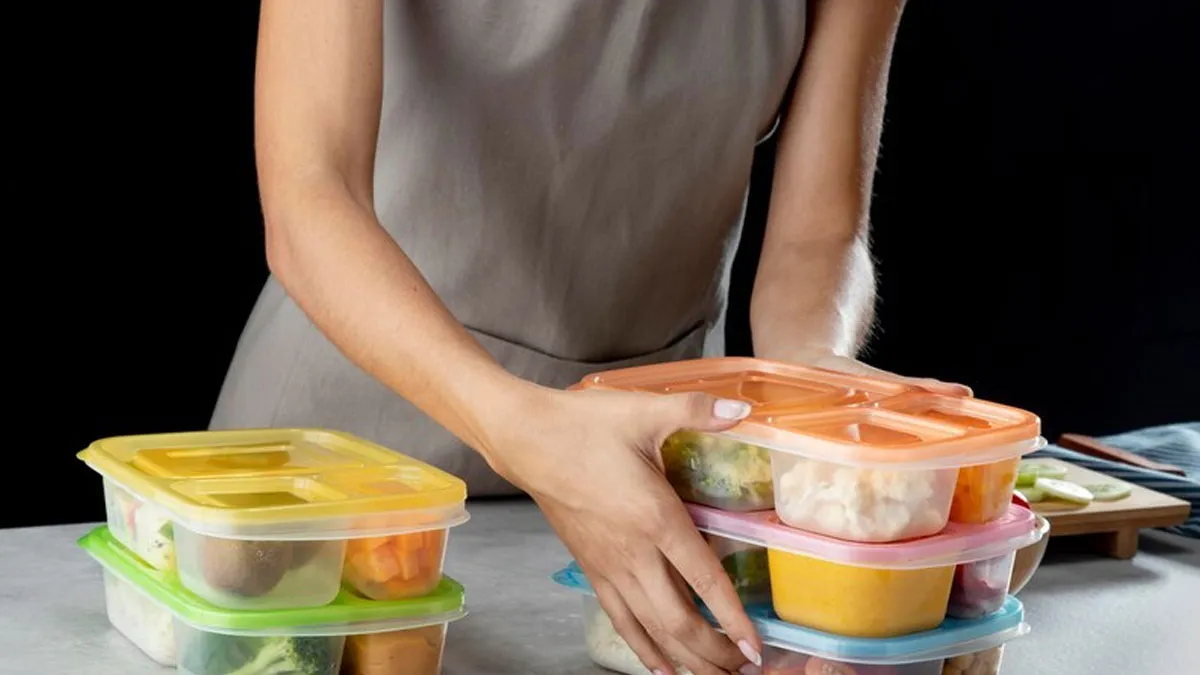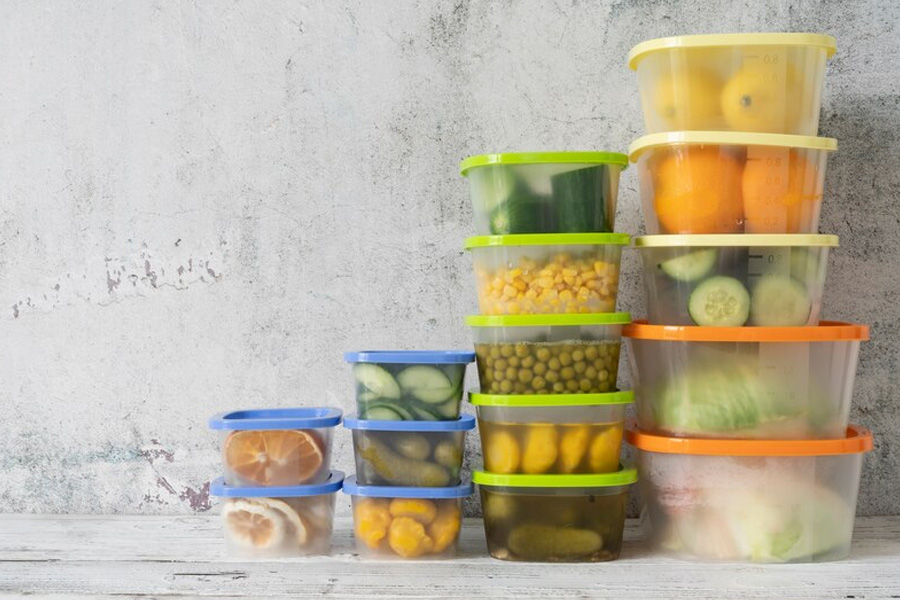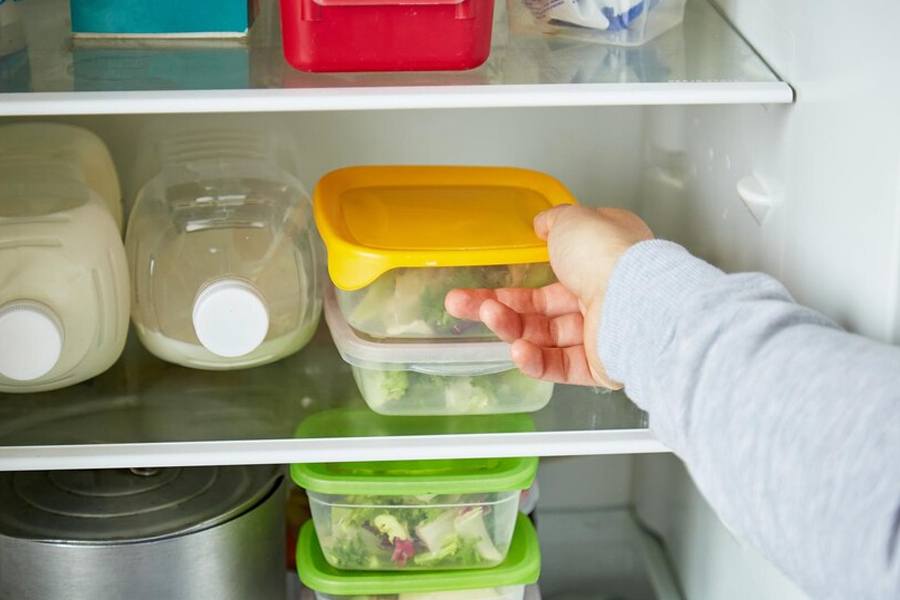
Plastic food containers have become a staple in modern life, especially with the rise of food delivery services. While they offer undeniable convenience, their impact on health has long been a subject of concern. Recent research now sheds new light on the risks associated with consuming food stored in plastic, particularly to heart health.
Table of Content:-
Hidden Dangers of Plastic Containers
Scientists have previously warned about the harmful chemicals and microplastics that leach from plastic containers into our food. A new study has now confirmed that these compounds significantly contribute to cardiovascular disease (CVD), including heart failure. The research found that exposure to plastic-related chemicals can disrupt gut health, a factor closely linked to heart disease.
How Plastic Affects the Heart
The study revealed that ingesting plastic leachates alters the gut’s microbial balance, leading to increased inflammation and oxidative stress—two major risk factors for heart disease. The findings suggest that plastic exposure should be considered a critical health concern, regardless of how long a person has been exposed.

Also Read: Dermat Shares The Best Way To Utilise Greek Yoghurt For Hair Growth and Density
Tips to Reduce Plastic Exposure and Protect Your Heart
In an exclusive interaction with the editorial team of Onlymyhealth, Dr Shubendu Mohanty, Sr Consultant Cardiology, Shardacare, Healthy City - Noida, explained that while eliminating plastic from daily life may not be practical, there are steps you can take to minimise exposure and safeguard your health:
1. Opt for Glass or Stainless Steel Containers
When storing food at home, choose glass or stainless steel over plastic containers. These materials do not release harmful chemicals and are more sustainable.
2. Avoid Heating Food in Plastic
Microwaving food in plastic containers can accelerate the leaching of harmful compounds. Transfer food to a microwave-safe glass or ceramic dish before reheating.
3. Be Cautious with Takeout and Food Deliveries
When ordering takeout, request biodegradable or paper-based packaging where possible. If the food arrives in plastic, transfer it to a safer container before eating.

4. Reduce Single-Use Plastic Consumption
Choose fresh, unpackaged food over plastic-wrapped options. Bring your own reusable bags, containers, and utensils when shopping or dining out.
5. Drink from Safe Bottles
Replace plastic water bottles with glass or stainless steel alternatives. Avoid bottled beverages stored in plastic for long periods, as they are more likely to contain microplastics.
6. Increase Gut-Friendly Foods
Since gut health plays a role in mitigating inflammation, incorporate probiotic-rich foods like yoghurt, kefir, and fermented vegetables into your diet to support a healthy microbiome.
Bottomline
The convenience of plastic food containers comes at a cost—our health. With growing evidence linking plastic exposure to heart disease, it is crucial to take proactive steps in reducing reliance on plastic and making safer choices for food storage. Small changes in daily habits can lead to significant long-term benefits, ensuring better heart health and overall well-being.
Also watch this video
How we keep this article up to date:
We work with experts and keep a close eye on the latest in health and wellness. Whenever there is a new research or helpful information, we update our articles with accurate and useful advice.
Current Version